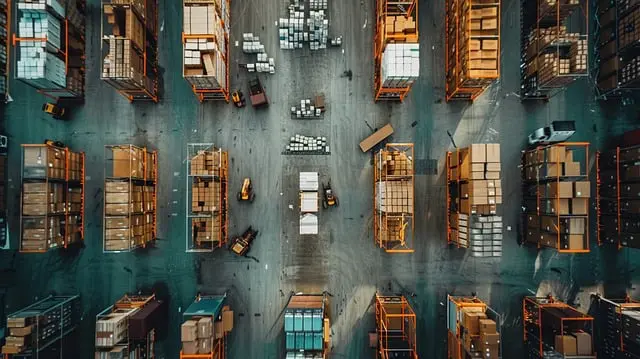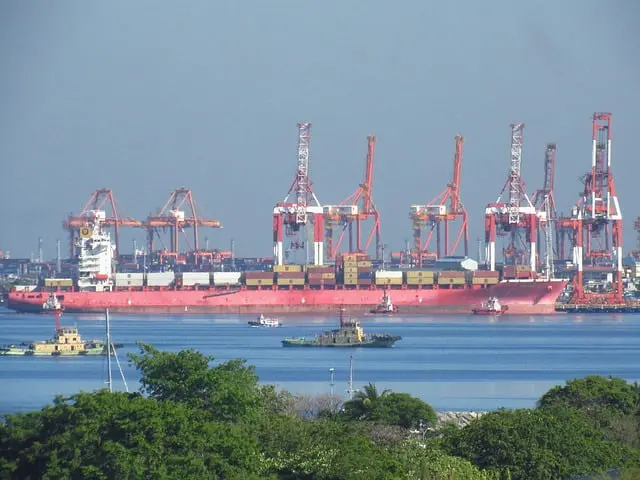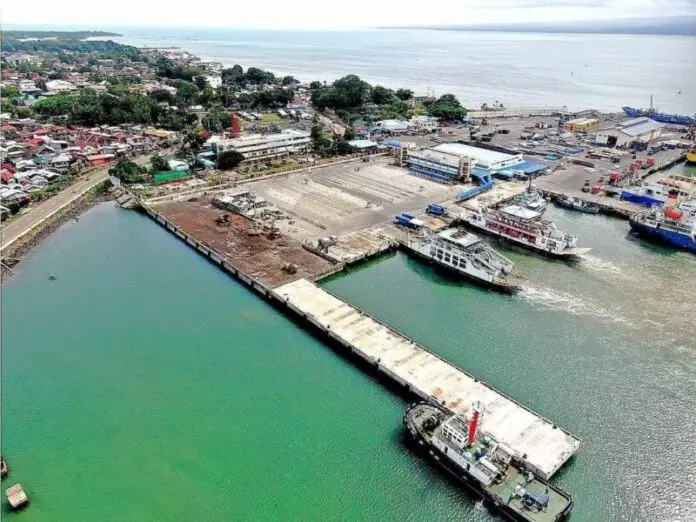Menu
Stay on the Forefront of Logistics
Get the latest industry news, stay informed about compliance changes, and gain valuable insights that shape your business landscape.
Trending Topics and Expert Insights

BOC releases revised airport warehousing charges
The Bureau of Customs has released revised airport warehousing charges
Customs Administrative Order No. 03-2024 provides higher rates on services, storage and other charges on goods or merchandise stored at airport temporary storage warehouses
The order also consolidates existing customs orders related to rates imposed by airport customs facilities and warehouses
The revised rates include basic storage charges on imported cargoes, service charges, and ancillary charges

BOC drafts rules on foreign shipping line charges
The Bureau of Customs has drafted rules on charges imposed by foreign shipping lines
The proposed customs administrative order contains rules to determine cost of transport, loading, unloading, and handling charges levied by carriers
BOC is asking stakeholders to submit their comments on the draft CAO until November 12, the same day for the proposal’s virtual public consultation
The draft CAO will require shipping lines, including shipping agents and general agents, to refund container deposits within 15 days following receipt of empty containers
An electronic system will be developed to track and trace all movement of containers in the country, whether laden or empty

China Seeks Carbon Data From Ships as Trading Scheme Grows
Authorities in China have started to ask some overseas shipowners to report on their carbon emissions, highlighting greater scrutiny of the industry as the regulatory framework shifts.
Check Out Our Latest Posts

PPA still working on port reception facility guidelines
The Philippine Ports Authority is still working on proposed revised rules on the provision of port reception facility and accreditation of PRF/waste disposal service providers.
BOC and PCCI Launch ATA Carnet System in the Philippines
In a significant step for Philippine trade, the Bureau of Customs (BOC) and the Philippine Chamber of Commerce and Industry (PCCI) officially launched the ATA Carnet, also known as the “Passport for Goods,” at The Manila Hotel on July 15, 2024.

Indian government intervenes to help exporters facing higher costs
Frustrated by high shipping costs, India’s exporters have won some government support – albeit a little belatedly, as supply-demand dynamics have begun to settle.

